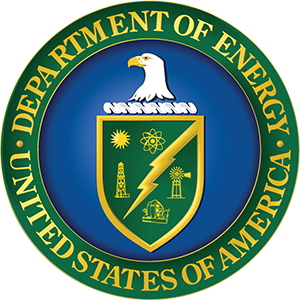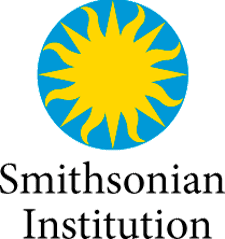Federal agencies can achieve significant energy and cost savings and greenhouse gas emissions avoidance by purchasing energy efficient lighting. This training provides federal stakeholders, including contracting officers, facility managers and program managers, with a more thorough understanding of the lighting market and guide them through the process of adopting efficient products to achieve those savings.
This training covers three general topics:
- The overall lighting market landscape and the savings potential of federal acquisition of efficient lighting products;
- Emerging trends for lighting technologies and applications in the federal sector; and
- How to procure and deploy energy-efficient lighting solutions.
Industry experts weigh in on trends in the commercial lighting market and walk through available resources for streamlining the acquisition of energy efficient lighting. Participants will be able to apply insights shared in this training to ensure the government increases its energy performance and compliance with procurement requirements, while reducing operating costs and emissions.
Instructors
Christopher Payne, Research Scientist & Department Head, Lawrence Berkeley National Laboratory Read Bio
Over his career in energy efficiency and sustainability policy research, Christopher Payne has focused on understanding how decisions related to energy consumption are made, how public policy shapes those decisions, and how energy policy can be made more efficient, effective, and persistent. Dr. Payne is a recognized expert in organizational decision-making related to energy and sustainability, with a research specialty in institutional acquisition processes and their role in clean energy technology adoption.
Erik Page, Mechanical Engineer, Lighting Scientist, LBNL affiliate, and Founder and CEO at Blue Iris Labs Read Bio
Erik is a recognized leader in the field of energy-efficient lighting, test procedures, and research, with broad expertise across many areas including LEDs, fluorescent and compact fluorescent systems, lighting controls, luminaires, as well as photometry. Previously, Erik spent 10 years as a researcher and manager in the Lighting Fixtures Research Group at the Lawrence Berkeley National Laboratory before cofounding the California Lighting Technology Center at the University of California at Davis, where he served as director of engineering for four years. In July 2020, Erik established Blue Iris Labs, creating products for the measurement and control of circadian light systems.
Jordan Shackelford, Senior Scientific Engineering Associate in the Building Technology Department. Lawrence Berkeley National Laboratory Read Bio
Jordan has been involved with lighting research at Berkeley Lab for many years and has a demonstrated expertise in lighting controls and its contribution to building energy efficiency. As part of the Lab’s Electronics, Lighting and Networks Group, Jordan researches and tests emerging lighting control elements such as integrated systems, daylighting, networked controls, and others. In addition, being part of the Department of Energy’s FLEXLAB has enabled Jordan to contribute and lead multiple studies around laboratory validated lighting system performance.
Fatima Abdul-Khabir, Research Associate in the Building and Industrial Applications Department, Lawrence Berkeley National Laboratory Read Bio
Fatima joined Berkeley Lab to work with federal and state energy programs on increasing the uptake of energy-efficient and clean energy technologies. Fatima works with organizations and agencies to reduce their energy use and costs by utilizing effective acquisition language, developing policy to shape their sustainable procurement goals, and ensuring their e-procurement tools are able to support sustainable procurement. Previously, Fatima worked on decarbonization efforts as a part of the sustainability team at a San Mateo County Community College District.
Ian Hoffman, Senior Scientific Engineering Associate, Lawrence Berkeley National Laboratory Read Bio
Ian Hoffman is a with the Lawrence Berkley National Laboratory Center of Expertise for Energy Efficiency in Data Centers and other teams in the Building and Industrial Applications department. His work focuses on efficiency and resilience in data centers, individual and societal behavior on energy and efficiency, and utility customer-funded energy efficiency programs.
Learning Objectives
Upon completion of this course, attendees will be able to:
- Evaluate MBCx and how it can improve facility energy performance;
- Identify how MBCx benefits energy projects implemented with performance contracting;
- Evaluate how MBCx supports ECM performance in each phase of the project life cycle; and
- Identify available resources to help implement MBCx in an energy project.










